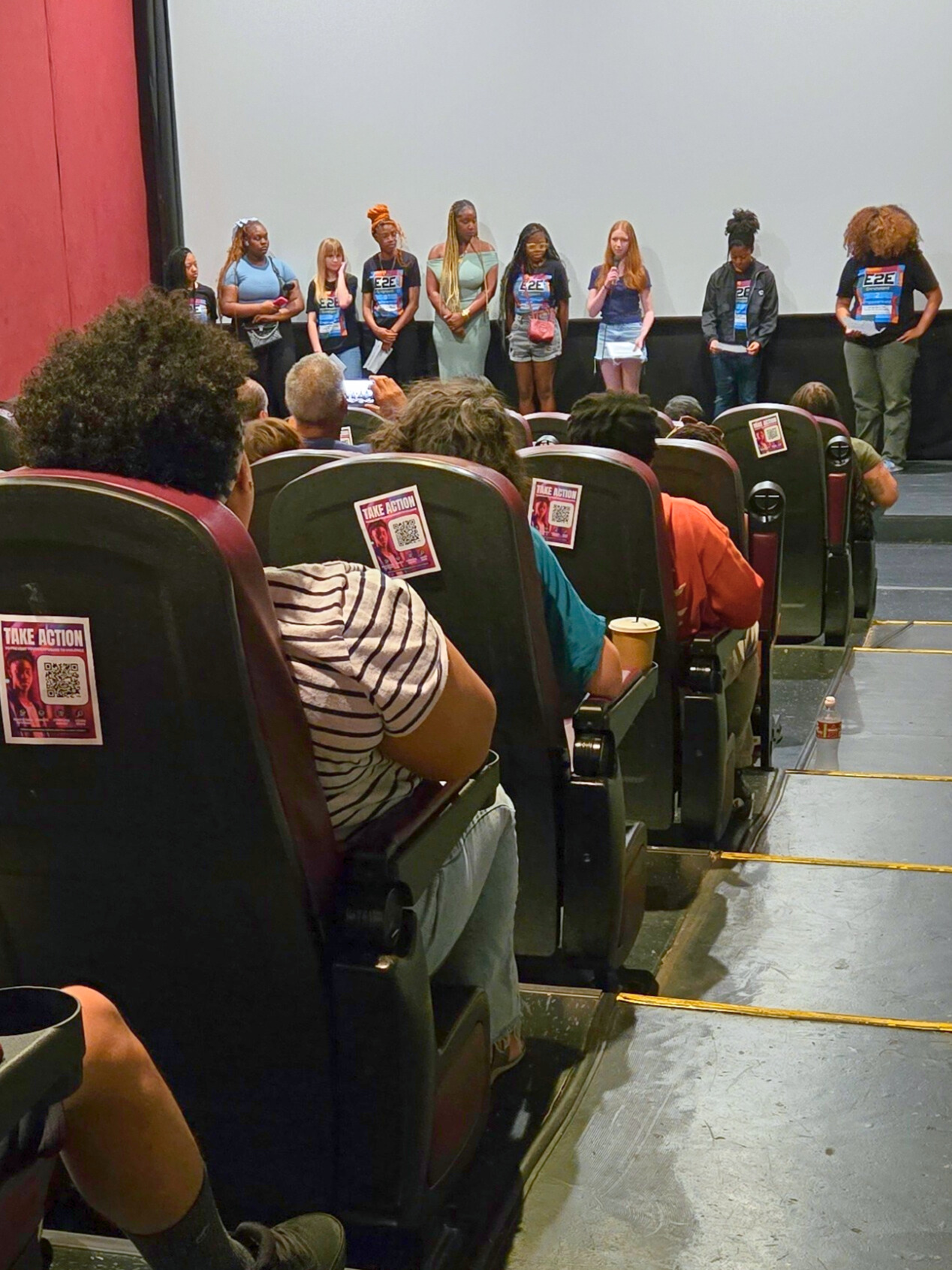Approaches
At VPI, our research and programming are guided not only by what we study, but also by how we work. Our approaches are rooted in collaboration, equity, and evidence, ensuring that violence prevention efforts are effective, inclusive, and responsive to community needs. These approaches reflect our commitment to translating science into action, strengthening policies, programs, and partnerships that create safer, healthier, and more just communities.

Anti-Racist and Anti-Oppressive Research and Practice
VPI integrates anti-racist and anti-oppressive principles into all research and practice. This approach focuses on identifying and addressing structural inequities while amplifying marginalized voices. Faculty and projects use this lens to inform interventions, policies, and programs that promote justice, inclusion, and long-term community well-being.
Arts-Based
The arts offer a unique way to engage communities, communicate research, and foster healing. VPI’s arts-based approach incorporates visual arts, storytelling, theater, and music to explore experiences of violence and inspire change. Projects in this area create participatory programs that empower communities to envision safer environments and amplify their voices.
Community and Youth Participatory Action Research (YPAR)
This approach places community members and youth at the center of research and decision-making. By partnering with those most affected by violence, VPI ensures interventions reflect lived experience and local priorities. Projects use co-creation and collaboration to design practical, sustainable, and meaningful solutions.
Multi-Level
Violence occurs across individual, relational, community, and societal levels. VPI’s multi-level approach examines these interconnected influences simultaneously to inform comprehensive interventions. Faculty and projects integrate insights across domains to address the complex causes of violence and improve outcomes at multiple levels.
Systems and Policy-Level Change
Long-term prevention requires reforming the structures and policies that contribute to violence. This approach focuses on translating research into actionable policy recommendations and institutional reforms. Faculty and projects work to guide advocacy, strengthen systems, and promote meaningful change across organizations, cities, and beyond.
Trauma-Centered
Understanding and responding to trauma is essential in violence prevention. VPI’s trauma-centered approach prioritizes creating safe, supportive environments while reducing re-traumatization. Projects integrate trauma-informed principles to promote resilience, well-being, and lasting recovery in affected individuals and communities.
Address
1440 Canal Street, Suite 1510, New Orleans, LA 70112
social media
@tulanevpi
